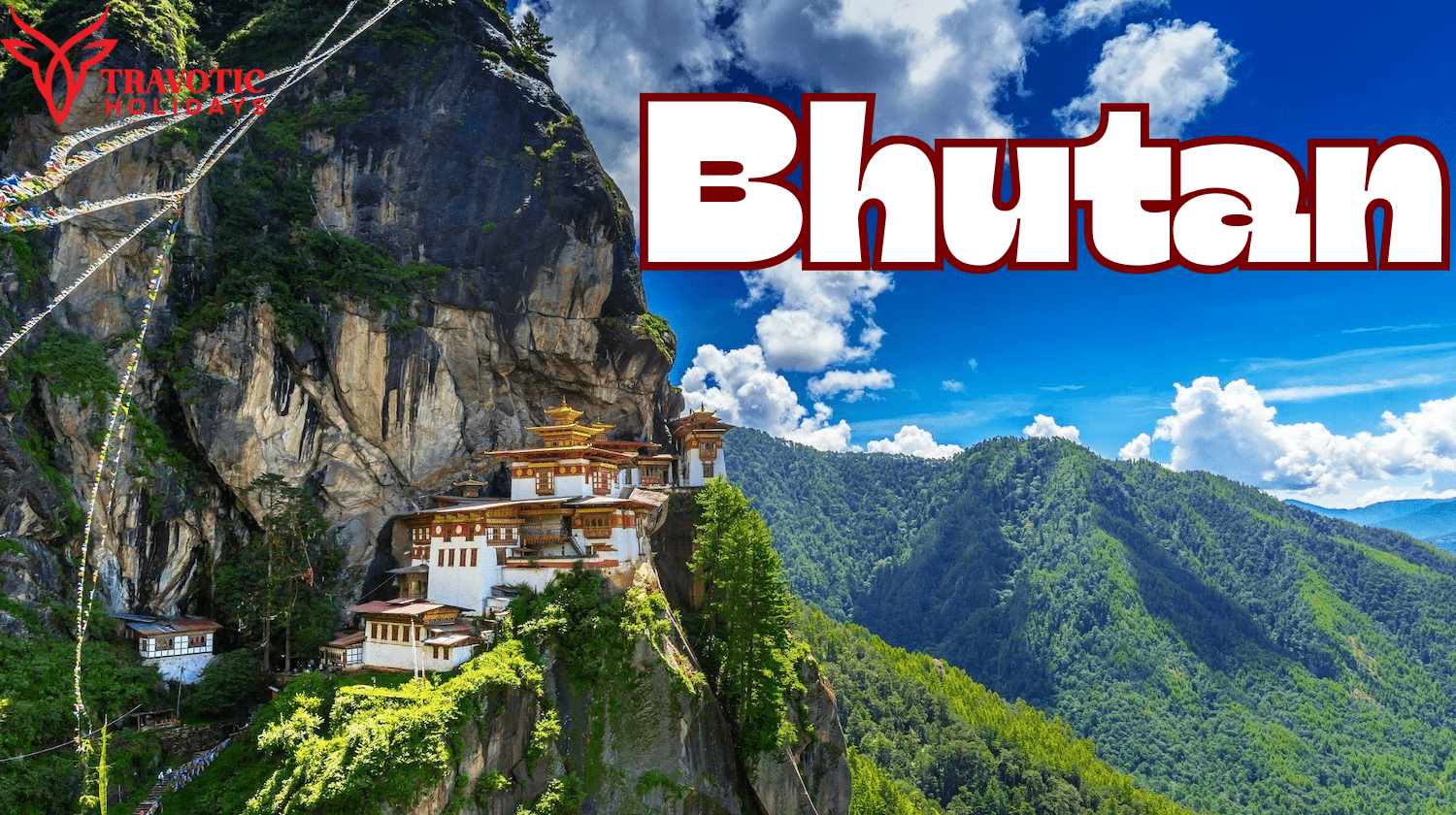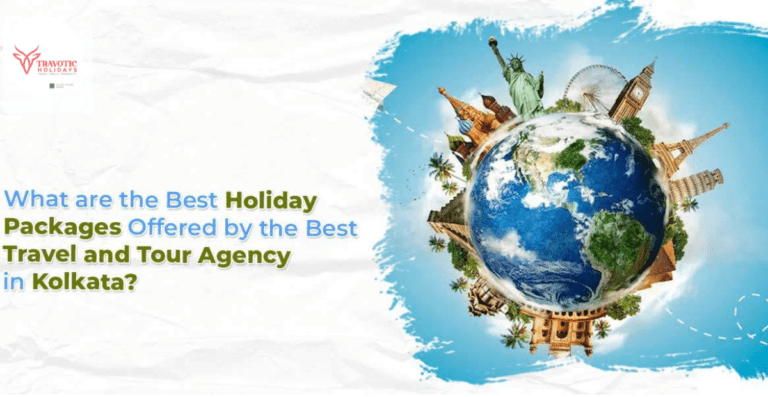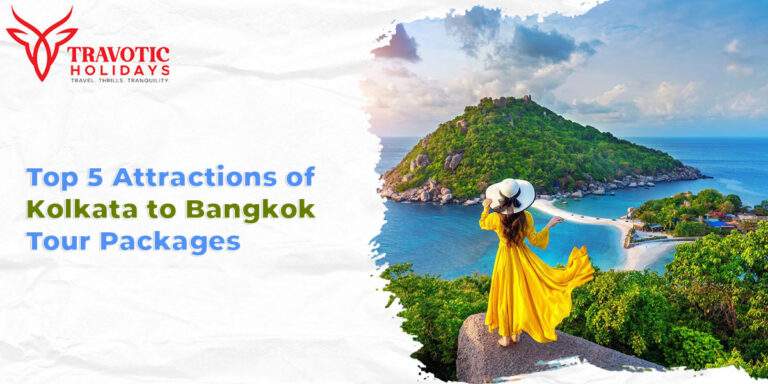Nestled in the Eastern Himalayas of Southeast Asia, the Kingdom of Bhutan is a landlocked nation that exudes an air of mystery and wonder. Often described as a place seemingly untouched by time, Bhutan feels like it belongs to an alternate realm—one straight out of a fairytale. Its breathtaking landscapes, rich culture, and unique way of life captivate visitors and make it a truly enchanting destination. But what exactly makes Bhutan a hidden gem? Here are some fascinating facts that reveal the charm of this remarkable country.
1. Bhutan is one of just three countries in the world that are carbon-negative
Bhutan is one of the few countries in the world recognized as carbon-negative. This means it removes more carbon dioxide from the atmosphere than it emits, largely thanks to its extensive forest cover. Alongside Bhutan, Suriname, and Panama are also classified as carbon-negative nations. Bhutan further reduces its carbon footprint by exporting renewable energy, primarily generated from hydropower, helping offset its emissions.
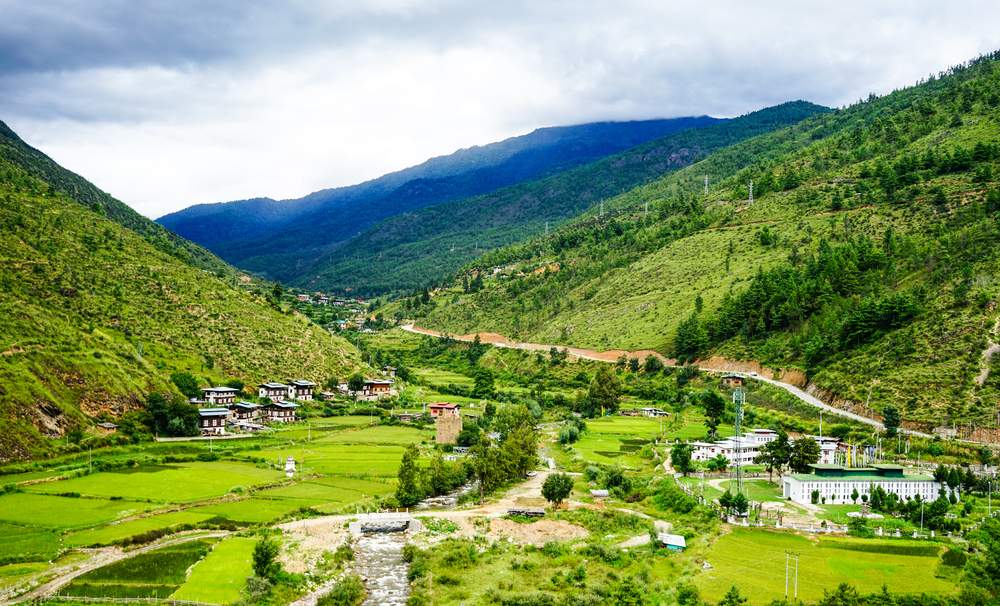
2. To stay in Bhutan, all tourists must pay a Sustainable Development Fee (SDF) of $100 per day
The current Sustainable Development Fee (SDF) for visiting Bhutan is US$100 per person, per night. This fee applies to all international tourists, except those from India, Bangladesh, and the Maldives, who are charged a different rate. Children between the ages of 6 and 12 receive a 50% discount, while children under 5 are exempt from the fee. The SDF is a compulsory part of the visa application process and is used to support Bhutan’s sustainable development initiatives.
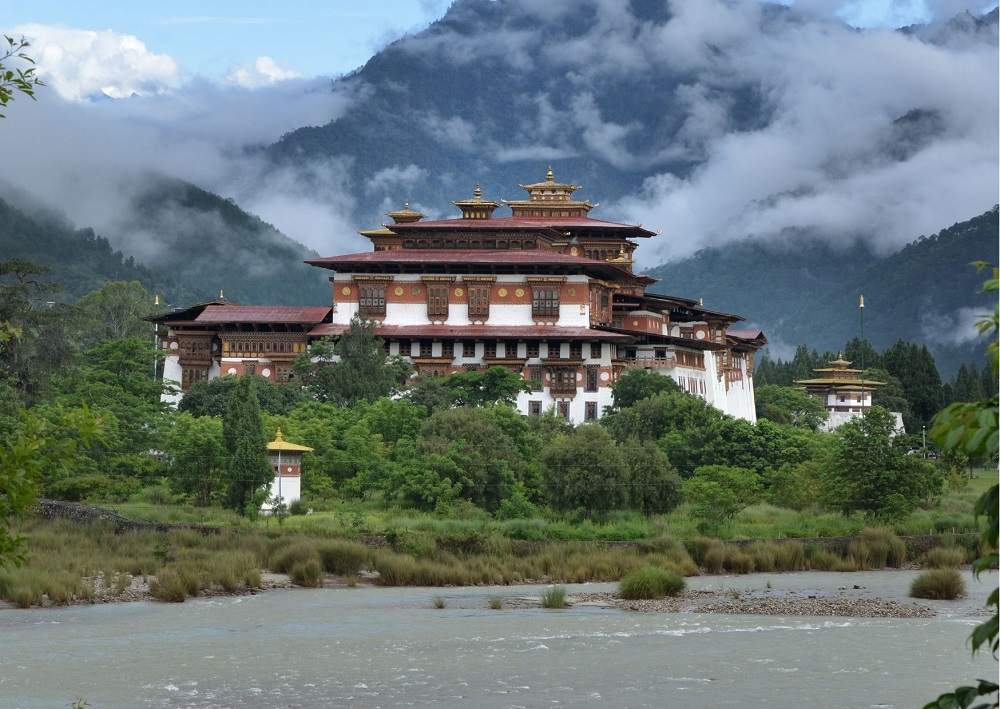
3. Archery is the National sport of Bhutan
Archery is the national sport of Bhutan, officially designated in 1971. The sport is special in Bhutanese culture, with a deep-rooted passion among the people. Archery competitions are lively events, often featuring traditional singing, dancing, and festive celebrations. While men predominantly play archery in Bhutan, women play an important supportive role. Even if they are not competing, they actively contribute by preparing food, performing traditional songs and dances, and cheering on the teams to boost their morale.
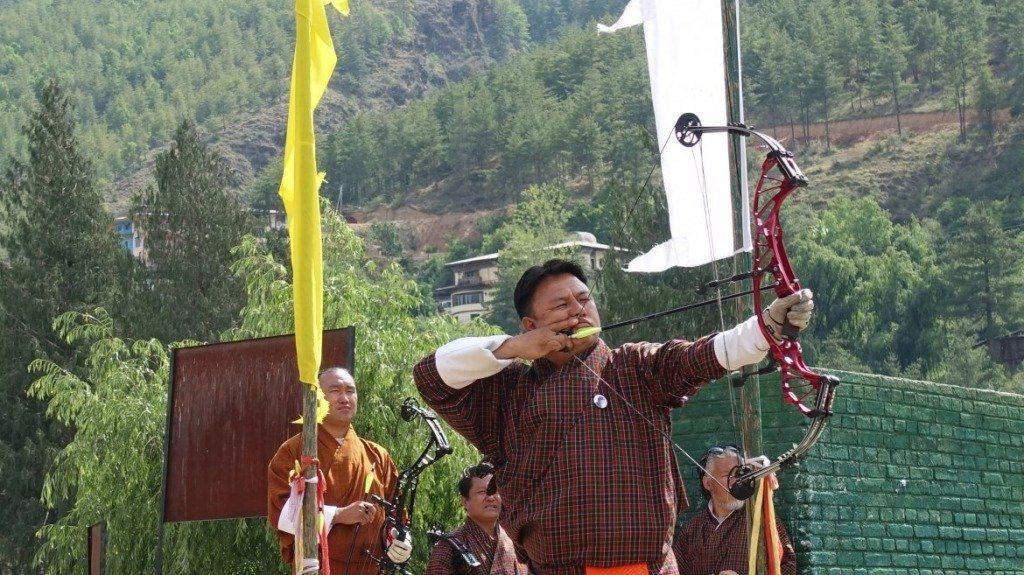
4. Bhutan remained completely isolated from the rest of the world until 1974
For much of its history, Bhutan remained largely isolated from the outside world. This began to change in 1974, when the country started to open up to tourism and media exposure. Bhutan is often regarded as one of the last countries to engage with the global community formally. In 1974, only 274 people visited Bhutan, but this number has grown significantly in the years since.
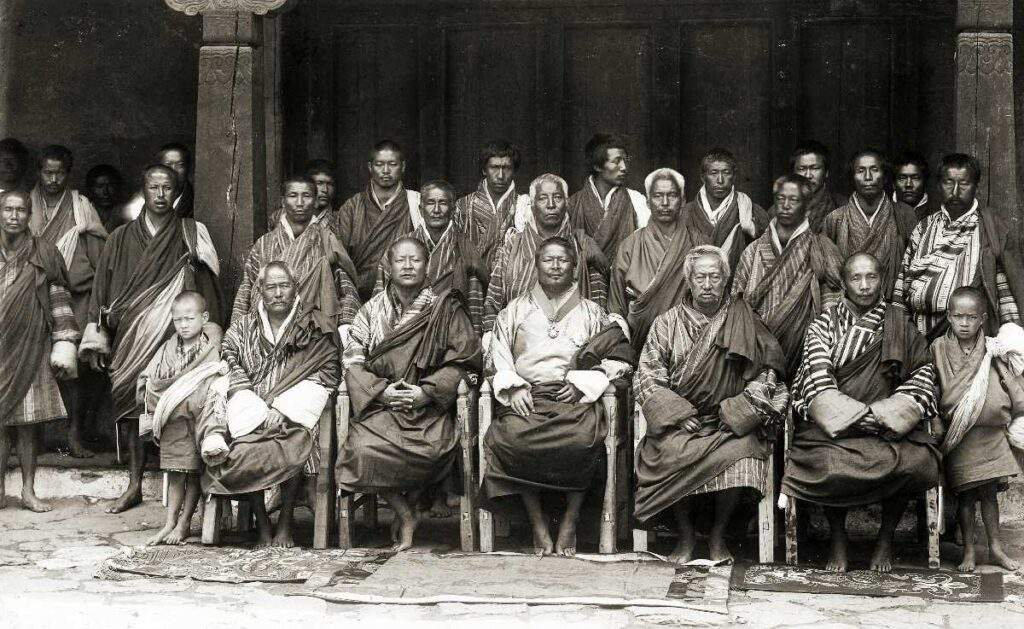
5. Phalluses are painted on the walls of houses in Bhutan as a symbol of fertility, protection, and good fortune
In Bhutanese culture, phalluses are often depicted in paintings on houses and various objects as symbols of fertility, good fortune, and protection from evil spirits. These images can be found on the exterior walls of homes, hung from eaves, or even painted on truck license plates. This unique tradition has its roots in the teachings of Drukpa Kunley, a 15th-century Buddhist master, and is especially prominent at the Chimi Lhakhang temple.
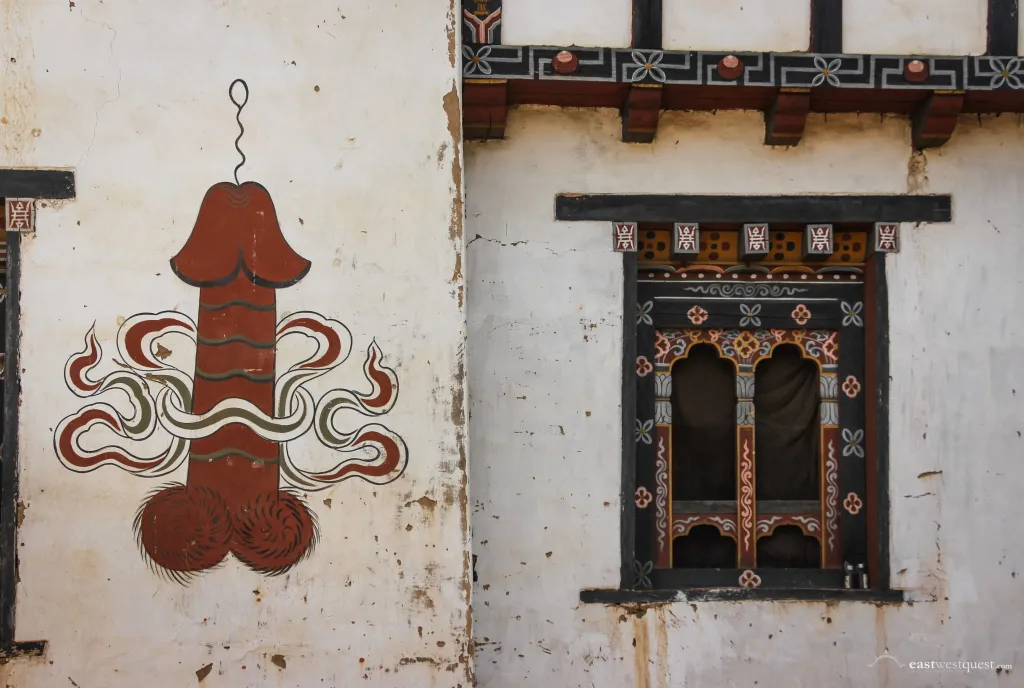
6. Bhutan is renowned for its distinctive approach to development, guided by the philosophy of Gross National Happiness (GNH)
Bhutan is widely recognized for its distinctive philosophy of Gross National Happiness (GNH), which emphasizes the well-being and happiness of its people over mere economic growth. Introduced in the 1970s by the country’s Fourth King, Jigme Singye Wangchuck, GNH serves as the foundation for Bhutan’s development policies and national priorities.
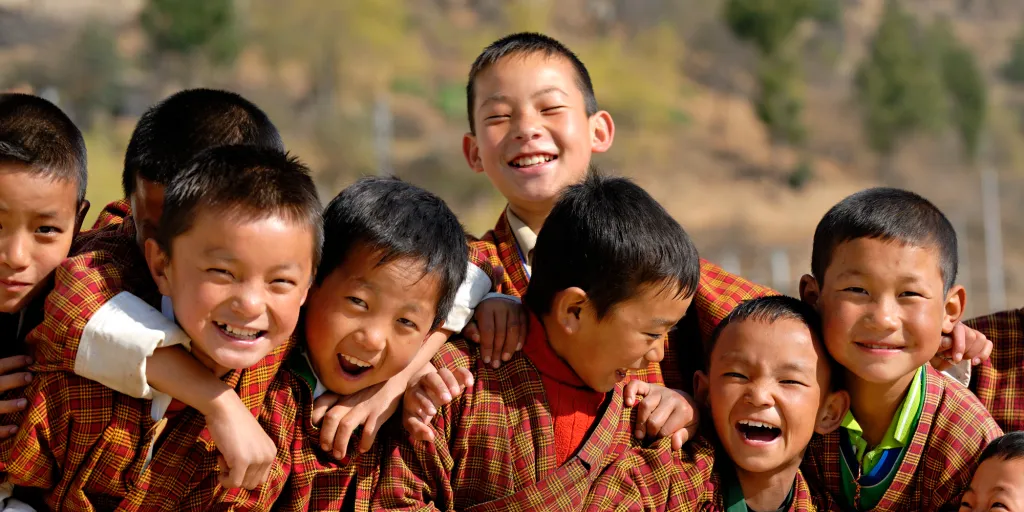
7. Takin is the National animal of Bhutan
Bhutan’s national animal isn’t a cow or a goat, but the Takin—a rare and unusual goat-antelope species native to the forests of the western Himalayas. The Takin is special in Bhutanese culture, closely linked to the country’s religious history and mythology.
This furry creature has a thick neck, a distinctive arched nose, and four short, powerful legs. It feeds on bamboo, thrives at elevations around 4,000 meters above sea level, and can weigh up to 400 kilograms. The Takin resembles the mountain yak found in Sikkim and Tibet. It typically roams in herds across the Himalayan kingdom’s northwestern and far northeastern regions.

8. Bhutanese Still Believe in the Existence of Yeti
Despite scientific skepticism, many Bhutanese continue to believe in the existence of the Yeti, also known as the Abominable Snowman. This belief is deeply embedded in Bhutan’s folklore and cultural traditions, with the Yeti frequently appearing in local legends and even being featured on Bhutanese postage stamps.
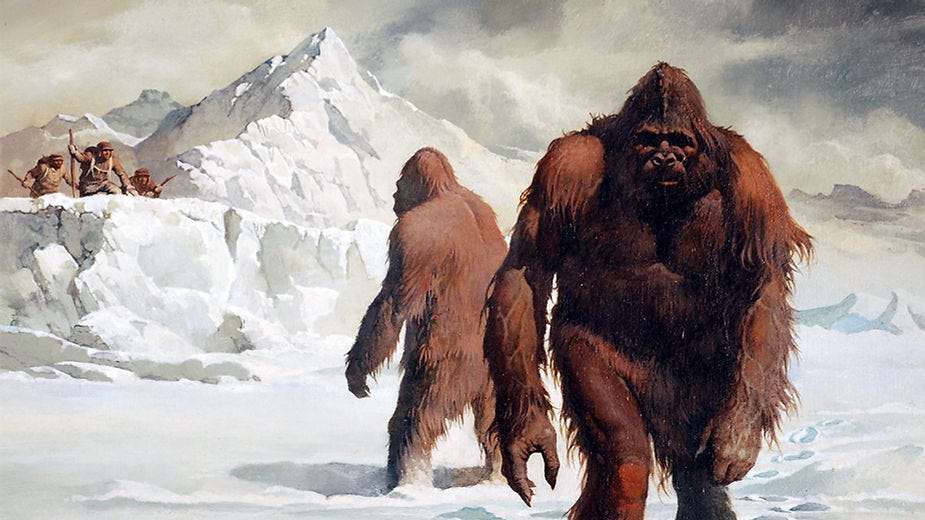
9. No Traffic Lights in Bhutan
Bhutan stands out for having no traffic lights. Instead, traffic is controlled by police officers stationed at intersections, who guide vehicles using hand signals. This system reflects the country’s commitment to a harmonious and culturally conscious lifestyle, valuing human interaction and mutual respect on the roads.
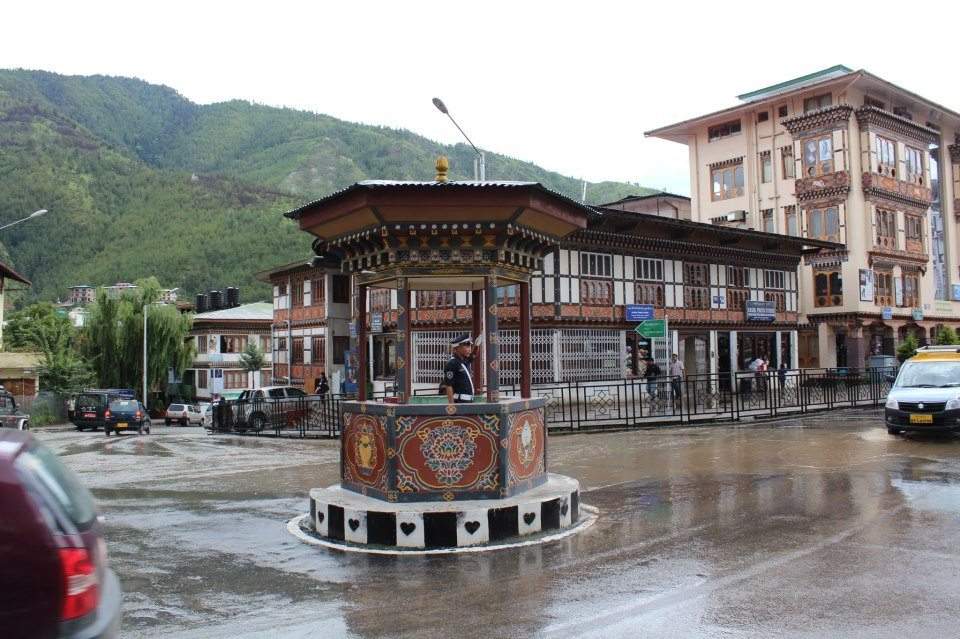
10. The King Abdicated the Throne for Democracy
In a world often marked by political corruption and power struggles, the selflessness shown by Bhutan’s Fourth King, Jigme Singye Wangchuck, is surprising and inspiring. Recognizing that future rulers might not always act in the best interest of the people, he introduced democracy to ensure long-term stability and fairness. In 2005, with the drafting of a new constitution, Bhutan transitioned into a constitutional monarchy and held democratic elections. This remarkable decision reflects the peaceful and forward-thinking nature of the nation
11. Happiness Takes Priority over GDP
Placing happiness above Gross Domestic Product (GDP) highlights the importance of societal well-being—focusing on aspects like strong social bonds, mental health, and inclusive communities—as a central goal of policy and development. While GDP measures economic output, it falls short in reflecting the true quality of life and overall human happiness.
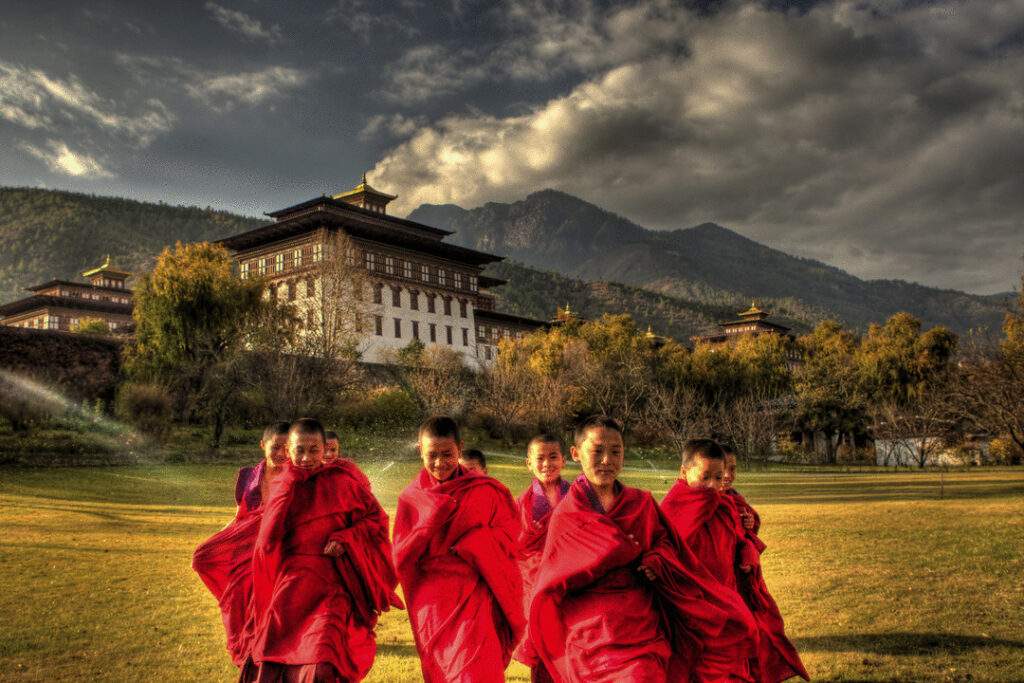
12. Bhutan Declares a Ban on Plastic
Bhutan implemented a nationwide ban on plastic bags in 1999, making it one of the first countries to take such a step. The ban has been reinforced several times, most recently in 2019, to combat the overuse of plastic shopping bags. This initiative promotes environmentally friendly alternatives and reflects Bhutan’s strong commitment to sustainability.

13. Smoking Prohibited in Public Places
Bhutan enforces a strict ban on smoking in most public areas under the Tobacco Control Act of 2010. The law prohibits smoking in commercial centers, recreational facilities, institutions, public gatherings, and public transportation. Although it doesn’t completely ban tobacco use, the act aims to restrict smoking in shared spaces to protect public health.
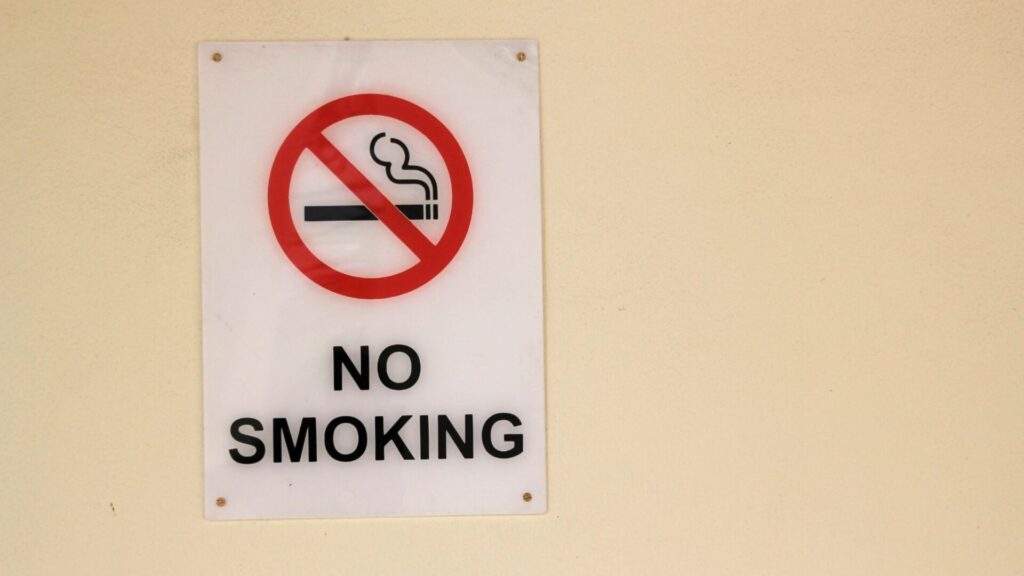
14. Druk Kul (Land of Dragons)
The Bhutanese refer to their country as “Druk Yul,” meaning “Land of the Dragons.” This name originates from the powerful storms that sweep through the Himalayas, their thunderous sounds echoing across the land like the roar of dragons.
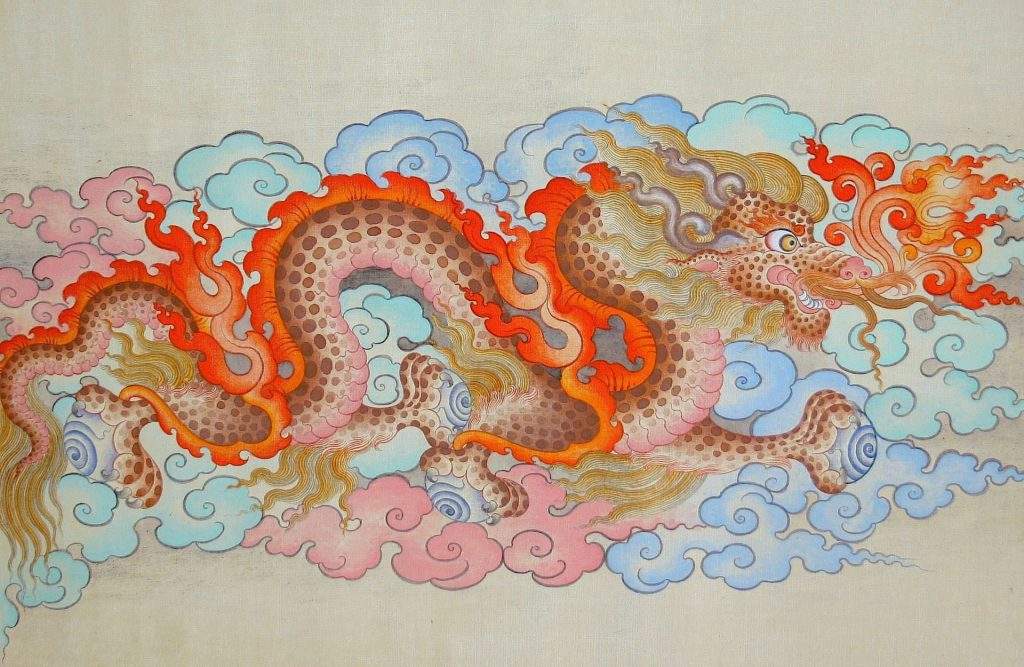
15. It is against the law to kill anything
In Bhutan, the killing of animals and birds is prohibited, reflecting the traditional Buddhist principle of nonviolence toward all living beings. This deep respect for life is closely tied to the country’s strong commitment to environmental conservation. Interestingly, while Bhutanese people abstain from slaughtering animals within the country, meat is still a common part of their diet, most of it imported from outside Bhutan.

